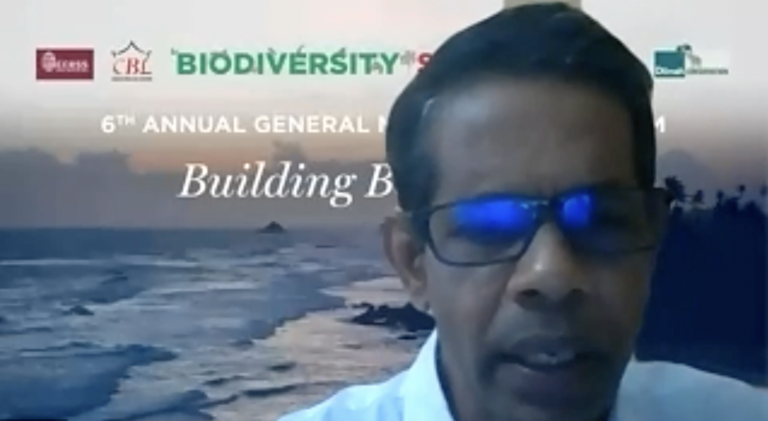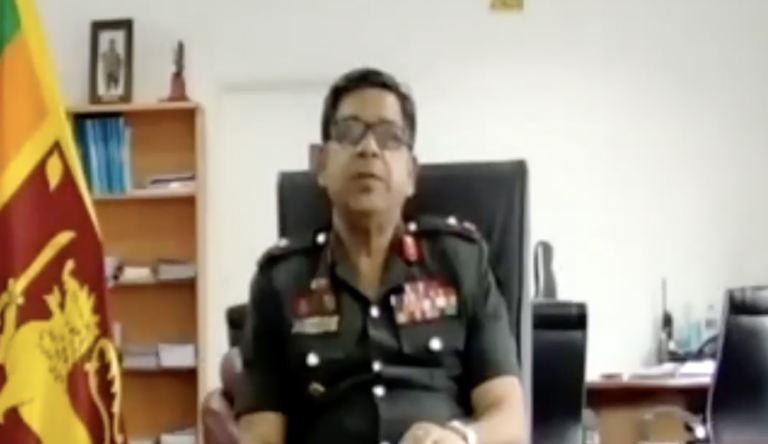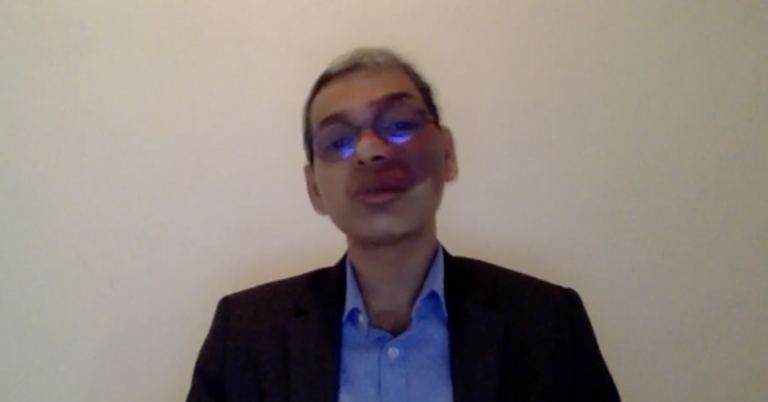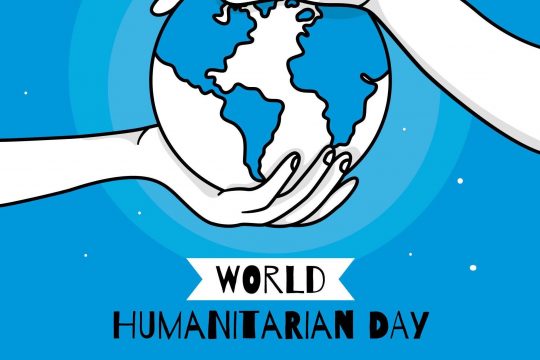The ‘‘Building Businesses’ Climate Resilience’’ (BBCR) project was launched in September 2018 to support local small enterprises in Sri Lanka. The project is led by the UNEP DTU Partnership in partnership with the Asian Disaster Preparedness Center (ADPC), the Ceylon Chamber of Commerce (CCC), and MPEnsystems with funding support from the Nordic Climate Fund (NCF). The BBCR tool in the form of a mobile application was developed to provide easily accessible guidance and recommendations to enhance the ability of small and medium-sized enterprises to prepare for and reduce the negative impacts of flooding events.
The Regional Dissemination Forum for Building Businesses’ Climate Resilience Tool, Sri Lanka was conducted on 28 September 2021. The forum demonstrated the ‘BBCR Tool’ mobile app to SMEs and their key support agencies, including public and private sector institutions to explore the potential means of institutionalization and outreach. The forum was also an opportunity to share the tool and lessons learned in its development with selected private-sector partners from the Asia Region.

Mr. Chandrarathna D Vithanage, Senior Assistant Secretary-General of CCC, welcomed the participants and representatives from various sectors. He highlighted the innovation of this project, “SMEs are commonly overlooked in disaster risk management (DRM). We are now increasingly recognizing the importance of smaller businesses as the subcontractors, suppliers, and service providers of the sector.”

Major General Sudantha Ranasinghe, Director General of the Disaster Management Center (DMC), contextualized the need for the app, “The estimated total impact on SMEs was estimated to be Sri Lanka Rupee (Rs) 17 billion during the 2017 floods. The SME sector largely depends on the government for support and strengthening their resilience is a key step towards preparing them for future disaster events.”
Mr. Rasika Wijekoon, Director, Sector Development Division 3 of the Ministry of Industries, emphasized the importance of the tool, “ We understand how crucial these businesses are, and supporting them through technology such as an app is commendable. The tool supports SMEs with a number of services and helps them assess their individual scenario in regards to flood events.”

Mr. Sisira Madurapperuma, Director, Preparedness and Resilient Recovery (PRR) at ADPC, provided an introduction of the BBCR Project in Sri Lanka: ‘‘We have now developed a tool that can shape the disaster resilience of the business continuity environment. The private sector is one of the most impacted sectors by climate change. We have yet to measure damage on post-disaster assessment in the sector and this initiative is one step in addressing that.”
Mr. Lindy Charlery, a Post-Doctoral Researcher of UNEP DTU Partnership (UDP), detailed the process and future prospects, “The baseline objectives during the 2018 workshop until 2019 helped the implementers identify the gap and improve the app. The subsequent initiative was the prototype for the co-creation phase and pilot test. We are currently working on product delivery and launch as well as possible further outreach beyond Sri Lanka.”
The BBCR tool merges technology and mobile reach to amplify disaster preparedness for small businesses across Sri Lanka. The app highlights the potential of placing resilience at the fingertips of impacted communities in the country and its potential to be scaled across the region.
The BBCR Tool is available for download via the following platforms:


For more information about the BBCR project or tool please contact: Kilian Murphy, email – kilian.murphy@adpc.net.


